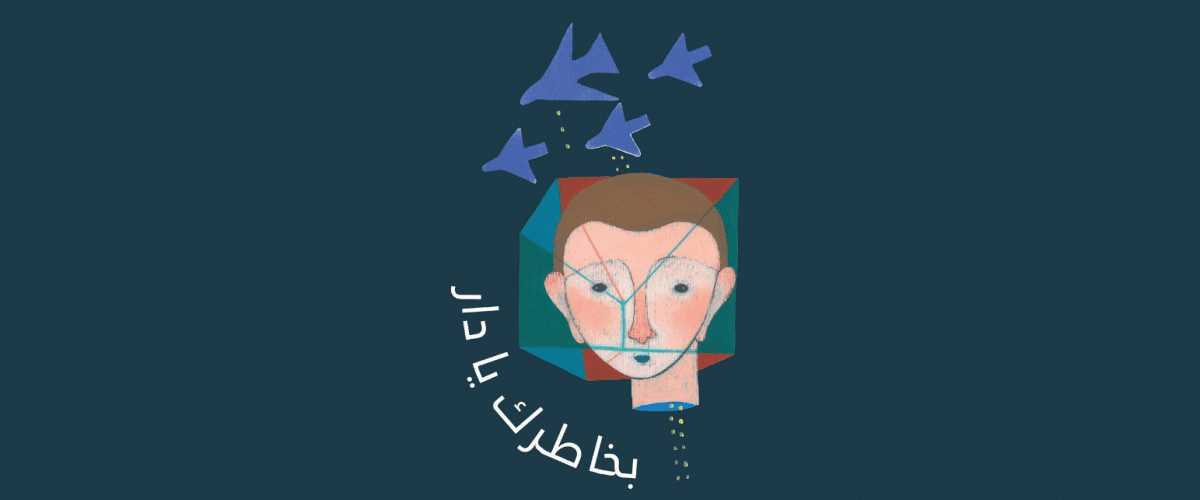“Home is always on my mind”: A new podcast by Syria Direct
In a new podcast series, Syria Direct presents the experiences of displaced Syrians.
22 November 2020
AMMAN — Shihab Abu Mahmoud dreams of returning to his home in the city of Palmyra in the eastern countryside of Homs. He would go back “even if I had to live in a tent outside my destroyed home,” Mahmoud told Syria Direct from his current residence in al-Rukban camp, located on the barren strip of land which separates Jordan and Syria.
A feeling of yearning for the homes they left behind is all too common for the 6.6 million internally displaced Syrians, and 5.6 million refugees in the Middle East and North Africa, according to the latest figures by UNHCR.
For those forced to leave their houses, home is not just “a shelter that protects you from the heat and cold, or a place where you eat, drink and sleep,” explained Ahmad Armah, an internally displaced person (IDP) from al-Hasakah province who now lives in the northern Aleppo countryside.
Rather, a home is “a school for the entire family, protection from the outside world, a keeper of family secrets and memories,” Armah told Syria Direct.
Regardless of the sacred and intimate role home played in the lives of the millions of Syrians who were displaced, they were forced to leave. Whether fleeing because of bombs, deteriorating security situations or as a result of a negotiated settlement as was the case in Homs, Reef Dimashq and Daraa provinces, all had to bid goodbye to their homes in one form or another.
Still, despite having left things that were precious to them, “one’s soul and dignity are more valuable,” Ahmad Sabah, a school teacher and coach who was displaced from the countryside of Hama to Idlib province, told Syria Direct.
In a new five-episode podcast series, “Home is always on my mind,” Syria Direct, with support from the European Endowment for Democracy (EED), presents the experiences of displaced Syrians. The series looks at their memories prior to the revolution, the trials they endured during their displacements, and their dreams for the future.
The podcast series was produced by: Ammar Hamou
Voiceover and sound engineering: Omar Nour
Illustration: Haya Halaw







